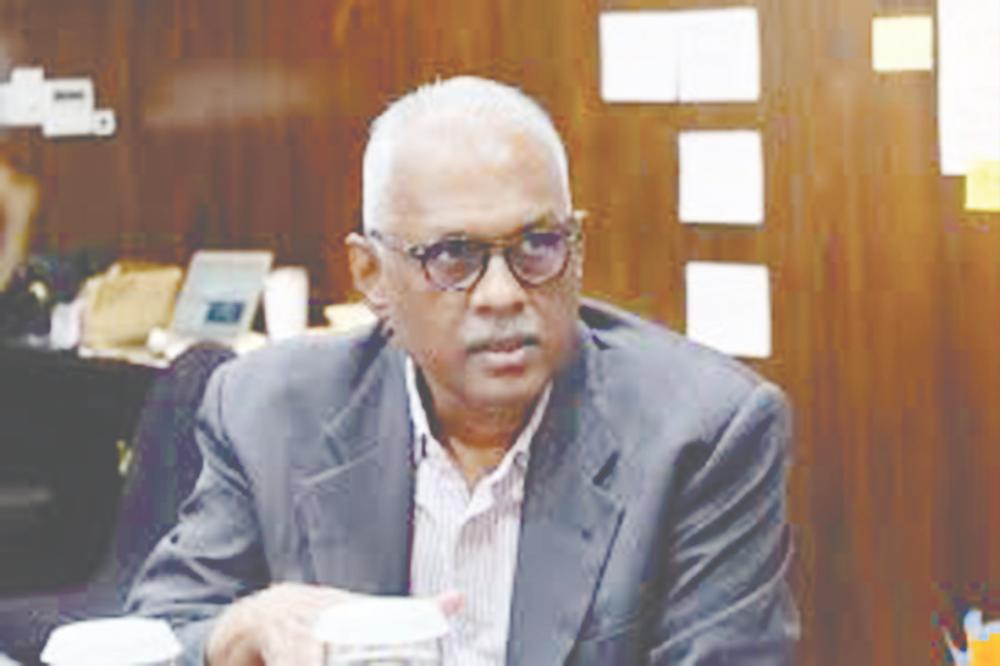KUALA LUMPUR: Thirty-six water treatment plants across the country, particularly in Johor and near Singapore, have seen a significant drop in yield, according to National Water Services Commission (SPAN) studies involving 150 of the facilities.
SPAN chairman Charles Santiago said this decline can be traced back to the increasing challenges faced by the country’s rivers, which has worsened, and their ability to support water treatment operations has diminished due to deforestation and pollution.
“This is particularly concerning, as 81% of Malaysia’s drinking water comes from rivers, with only 18% sourced from dams and a small percentage from underground reservoirs.
“The strain on our river systems highlights the urgent need for action to protect and restore these vital water sources,” he told delegates at the Siemens Data Centre Conference entitled “Shaping the Future of Data Centres in Malaysia” on Thursday.
Santiago said Malaysia could experience up to 200 heatwave days annually by 2050, which would pose significant challenges to water security, agriculture and public health.
He said Malaysia is already feeling the impacts of rising temperatures, erratic weather patterns and an increasing frequency of environmental disasters.
“Malaysia is no stranger to the escalating climate emergency, a crisis that continues to intensify with each passing year. According to the latest report from the World Meteorological Organisation, Asia is heating up faster than the global average, making it the most disaster-prone region due to extreme weather and climate hazards. There is an urgent need for adaptive measures to safeguard the country’s vital resources and infrastructure.”
Santiago said water scarcity, in particular, is becoming a critical challenge. Rising temperatures are leading to faster evaporation, depleting reservoirs and reducing freshwater availability.
“This threatens daily water consumption and impacts industries such as farming and energy production, which rely heavily on stable water resources. Without urgent action, Malaysia could face severe disruptions, forcing communities and businesses to rethink how they use and manage water in an increasingly unpredictable climate,” he added.
Santiago questioned the necessity of using potable water for the liquid cooling process for data centres.
“What are we using in the data centres? We are using potable water. Now, this is a disaster in the making. And it is highly unsustainable.
“So, in the next three to five years, there must be a transition towards sustainable water management. This includes reclaiming water, rainwater harvesting, and, if feasible, desalination. Additionally, stormwater presents a viable option, especially in Malaysia, where frequent flooding is a reality,” he said.
Malaysia must urgently transition to sustainable water solutions, particularly for data centres, Santiago said..
“The use of stormwater, for instance, can be scaled up to meet the growing demand. With the possibility of prolonged droughts lasting up to five months, it is essential to adapt to such challenges.
“Much of the country’s water, including rainwater and river water, comes from rainfall. What flows into the catchment areas and rivers constitutes 81% of the water we rely on for consumption. Therefore, managing this water effectively is crucial for the future.”
Santiago said that given the uncertainty of weather projections in Malaysia, including the possibility of droughts lasting three to four months, using potable water for data centres is not a sustainable long-term solution.
“As the digital economy grows, it is essential to transition to alternative water sources, and this shift must be mandatory. To encourage this transition, a timeline should be set – perhaps three years – with a requirement that a certain percentage of water used by data centres must come from sustainable sources,” according to him.
Santiago said companies such as Microsoft and Amazon Web Services in California, the United States, are already committed to using 50% rainwater harvesting and 50% reclaimed water, setting a clear standard.
“Malaysia, however, is currently relying entirely on potable water, and this must change,” he stressed.









